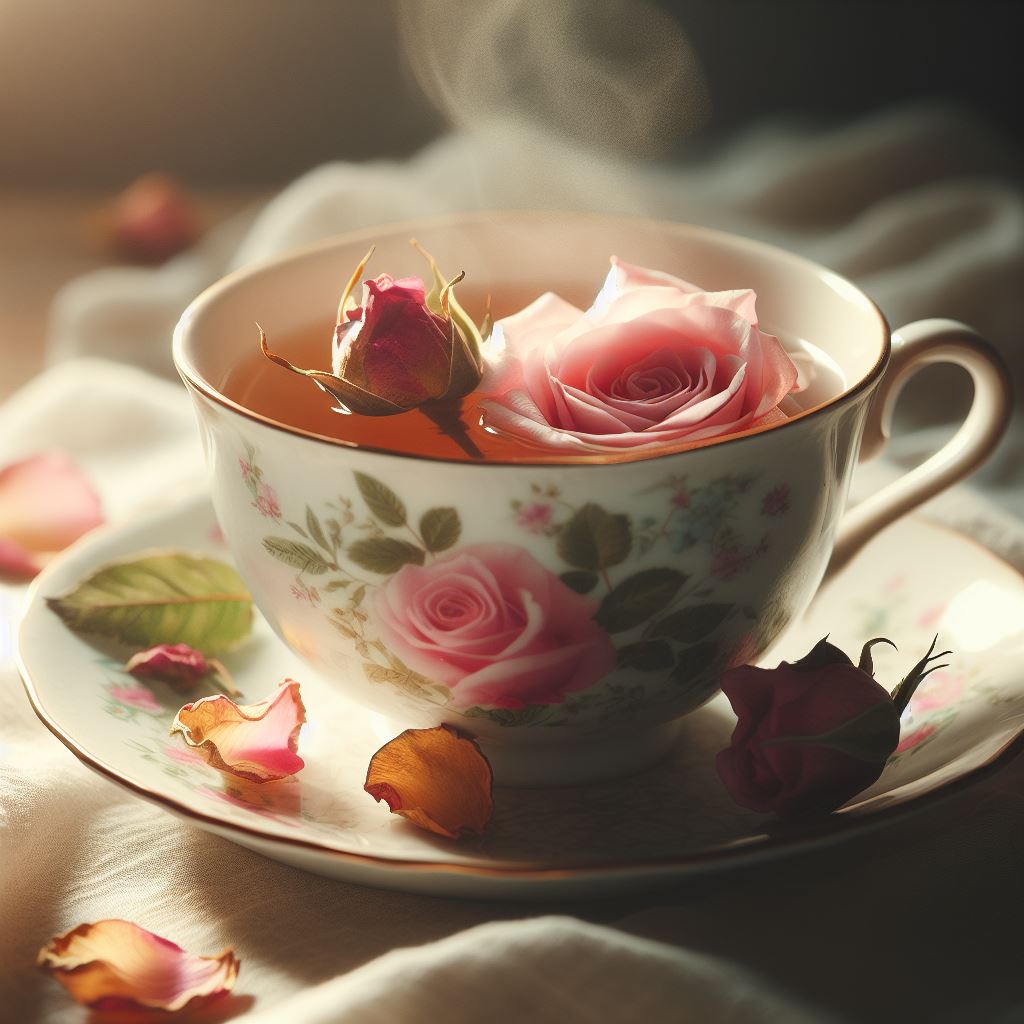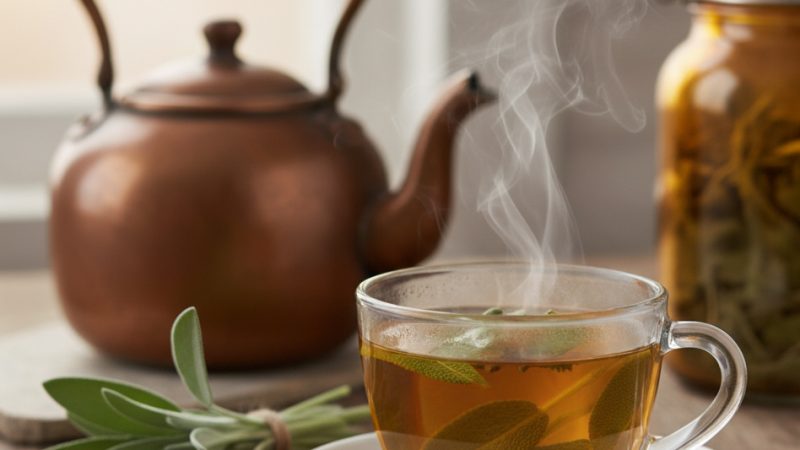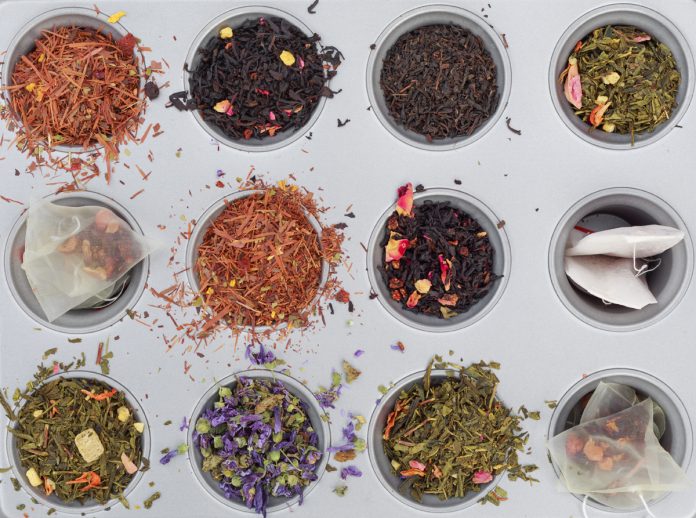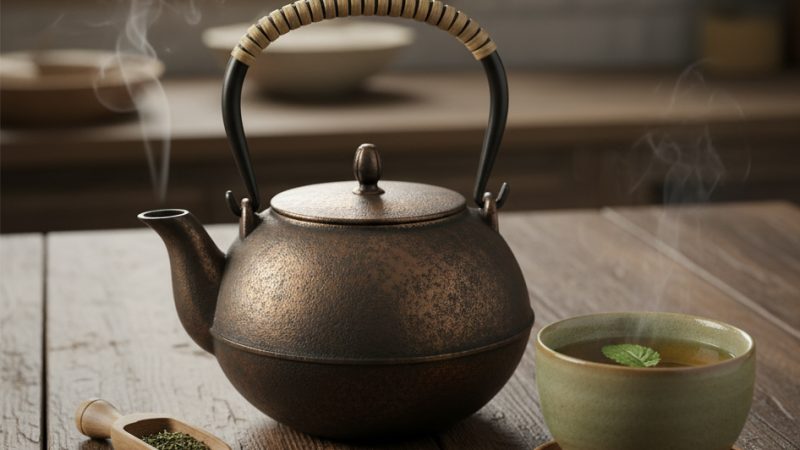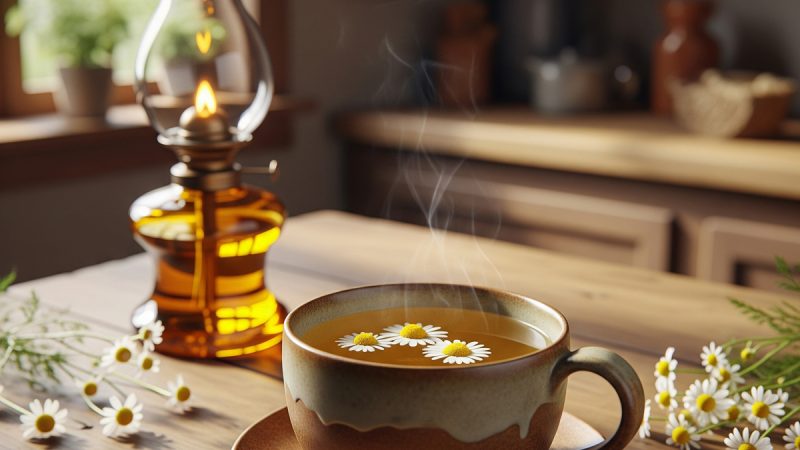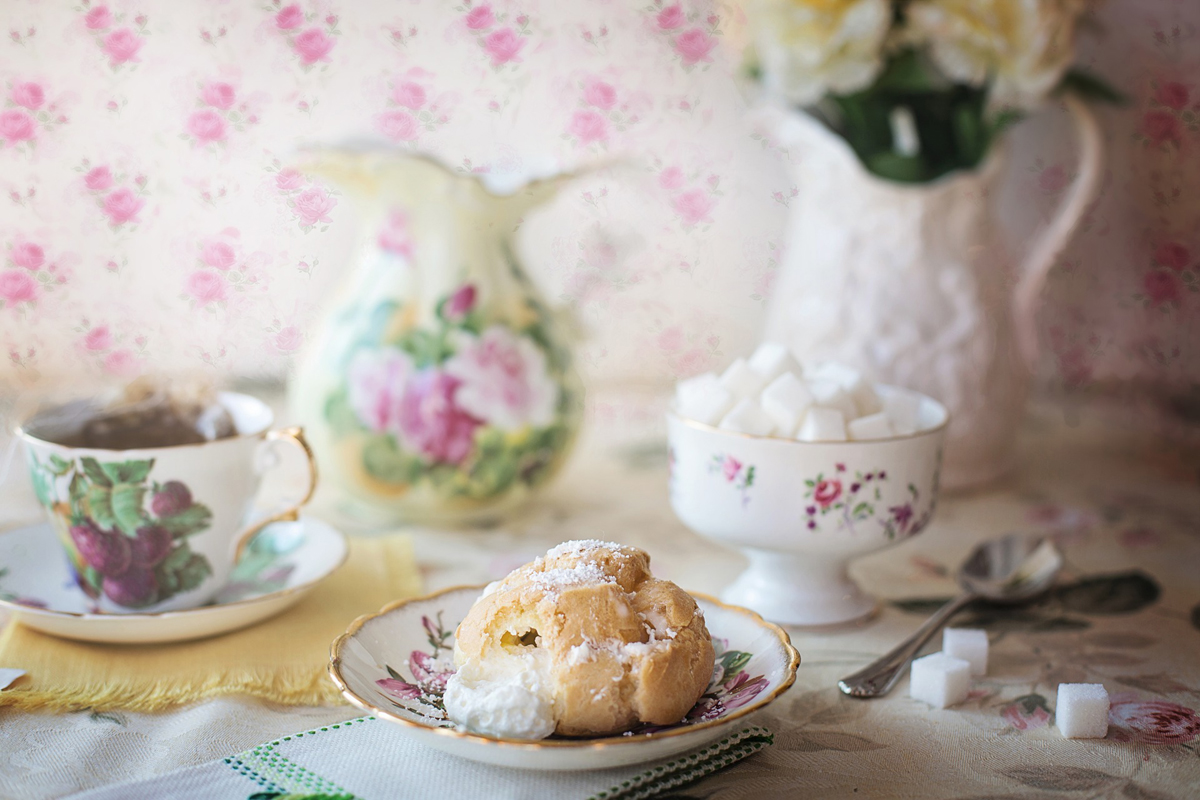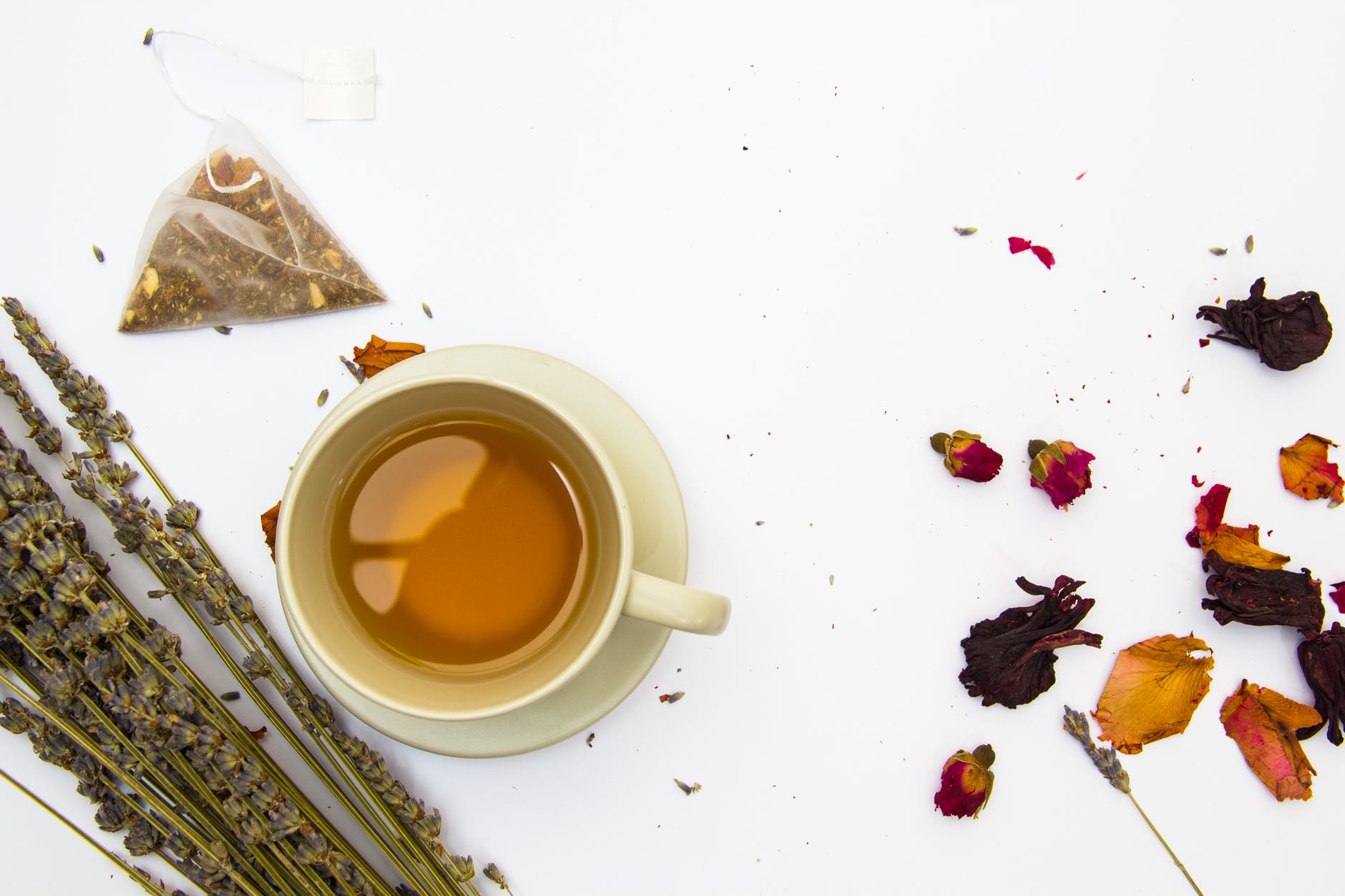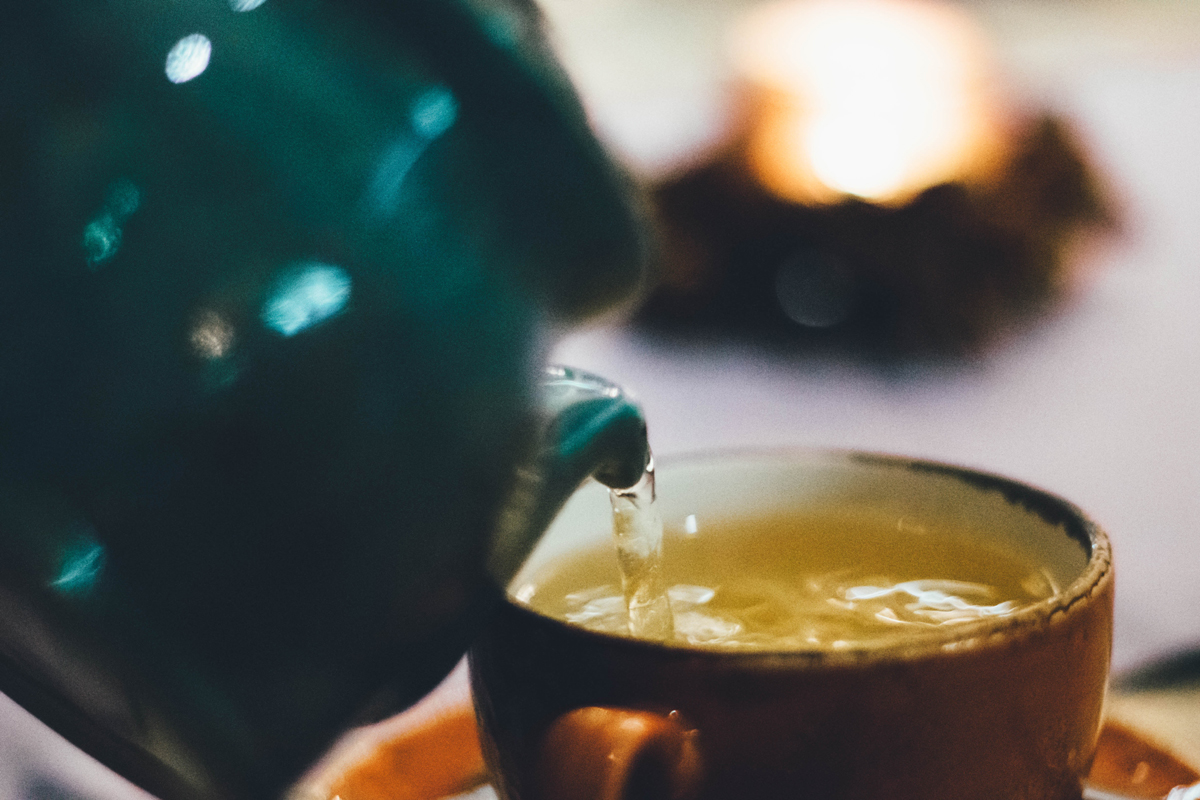Is Herbal Tea Tea? Or Should it Be Called a Tisane or Herbal Infusion?
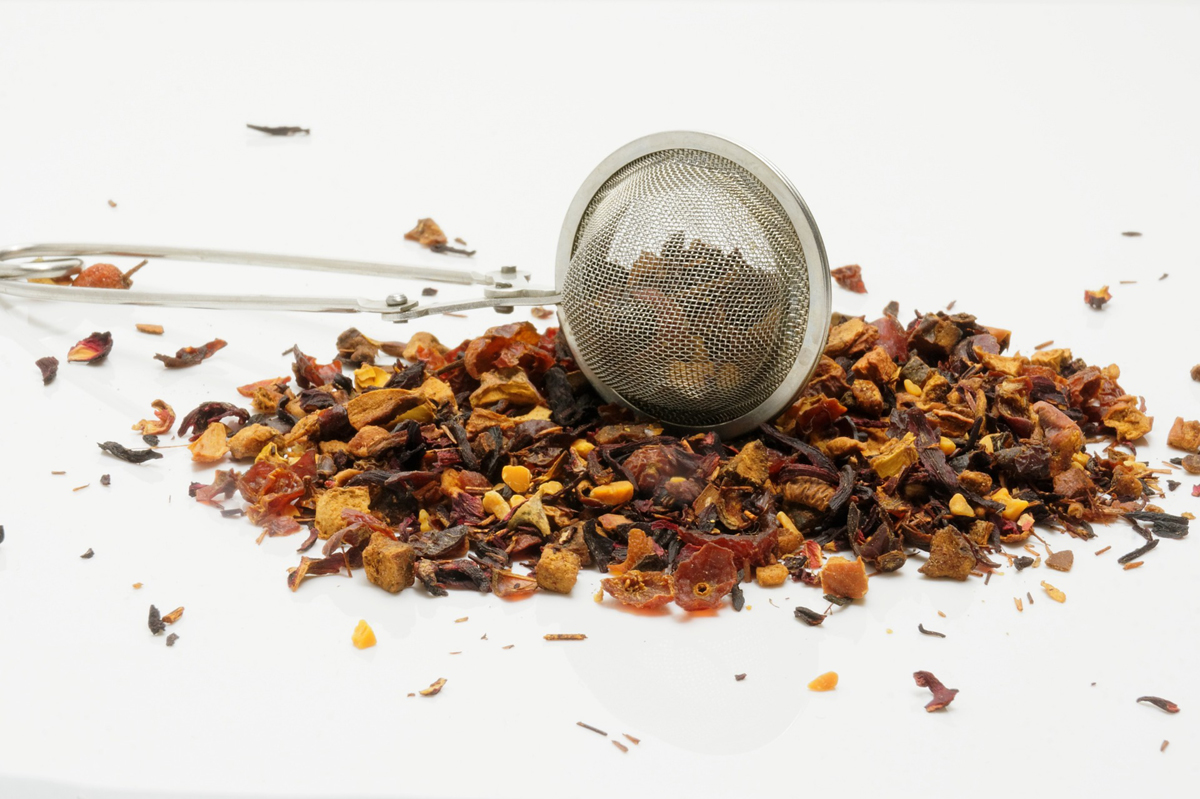
The term herbal tea is in widespread use to refer to any hot water infusion made. People throw around the term “tea” in association with all sorts of plants: mint tea, chamomile tea, red tea, tulsi tea; the terms in use are almost endless.
Herbal Tea is Not Technically Tea
It is true that herbal tea is not tea, in the sense that it is not grown from the tea plant, Camellia sinensis. All true teas or proper teas, which include green tea, black tea, white tea, oolong, and Pu-erh, comes from this same plant. These different varieties differ primarily in the processing method used.
Alternatives to The Term “Herbal Tea”:
In order to clear up this naming confusion, a number of tea connoisseurs have advocated for the use of the term tisane, which is alternatively spelled ptisan. But the term “tisane” is not exactly true to its origins either: it originates from a Greek word which was used to refer not to any herbal infusion, but rather, to a particular drink made from pearl barley. This “barley tea” is still consumed today, and is popular in a variety of different countries, from Italy to Korea.
>> Growing Tea Herbs – Leaves to Blend and Brew
Another proposed term, most accurate of all, is herbal infusion. However, this dry, technical-sounding term has the risk of coming across as pedantic.
Not surprisingly, neither of these terms have caught on. People and many tea companies continue to use the word “tea” to refer to herbal teas. Several well-known dictionaries back up the use of tea to refer to herbal beverages as a legitimate use of the term: http://dictionary.reference.com/browse/tea
People are likely to continue to use the term “tea” to refer to herbal teas; as no compelling alternate term exists, it may not be a battle worth fighting to try to change this usage. However, we can still inform ourselves about the true distinction between tea and herbal teas, so we at least know what people are referring to when they use the term “tea”.
Naming Confusion: Chinese Red Tea vs. South African Red Tea:
One of the most confusing uses of the term “tea” to refer to herbal teas is in the case of the phrase “red tea”, which has two distinct and non-overlapping uses. In Chinese tea culture, the term “red tea” refers to what most westerners know of as black tea: the dark-colored drink made from fully oxidized leaves of the Camellia sinensis plant. This term is a literal translation of hongcha, the term in Chinese used to refer to black tea.
Unfortunately, “red tea” also has another use: it is used to refer to rooibos, a plant grown in South Africa’s West Cape Province, and used to produce a tea-like herbal beverage. The term is less commonly used to refer to honeybush, a similar and closely-related plant, also grown in the same region, which has similar qualities.
>> Herbal Teas
Call It What You Like; Herbs Make Delicious and Healthy Drinks
Regardless of what you call them, herbal teas are diverse and span the full range of flavors and aromas. Most herbal teas are caffeine-free, and nearly all come with health benefits and many carry potent medicinal properties while being safer than most synthetic medications. Whether or not you call them “tea”, hot water infusion of herbs are delicious and healthy and are certainly worth learning more about, drinking, and enjoying.
The Author:
Alex Zorach is the creator of RateTea, an interactive website where anyone can rate and review teas. This site has a database of teas classified by brand, style, and region, with a wealth of information about different varieties of tea. The site also has an extensive section on herbal teas and tisanes, with reviews as well as listings of different types of herbal tea, including information on their health benefits and medicinal uses. https://ratetea.com/style/herbal-tea/6/
Photo. Bruno Germany
Source: EA

